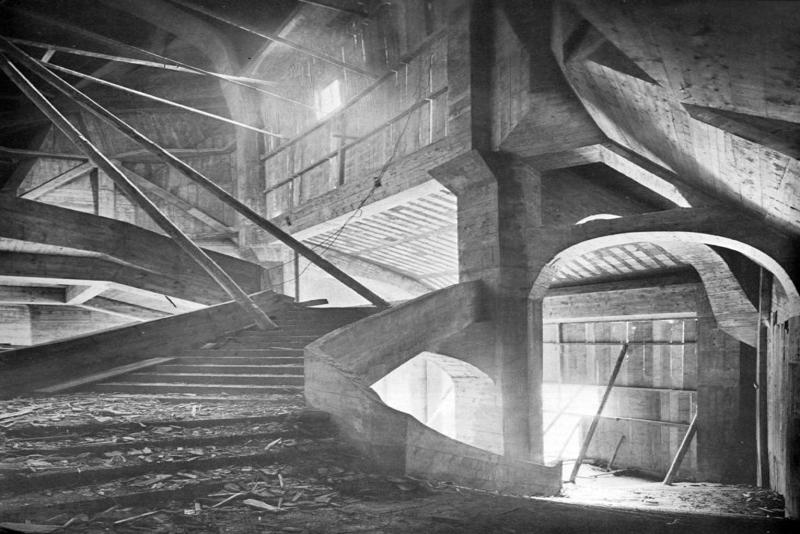Table of Contents
Have a look at what's inside this newly updated and expanded definitive classic work in the field...

Part One: The Development of the
Rudolf Steiner Movement
1. ‘Must I Remain Silent?’ A Life of Rudolf Steiner 16
The first seven years (1861-1868)
Seven to fourteen (1868-1875)
Fourteen to twenty-one (1875-1882)
Twenty-one to twenty-eight (1882-1889)
Twenty-eight to thirty-five (1889-1896)
Thirty-five to forty-two (1896-1903)
The Anthroposophical Years (c. 1903-30 March 1925)
2. The Establishment of the Movement 41
The phase of charismatic leadership
The phase of schisms
Establishment
3. How the Movement is Organised 60
The School of Spiritual Science and the ‘First Class’
The National Anthroposophical Societies
The Camphill communities
The Christian Community
The two Goetheanums
Part Two: Thought and Deed in
Anthroposophy
4. Meditations and Applications 86
The path of knowledge
Sciences
Arts and Education
The Threefold Commonwealth
5. Man Today, Karma and the Macrocosm 105
The nature of man today
Karma and repeated earth lives
The macrocosm
Language
6. The Evolution of the Macrocosm 122
Being
Saturn
Sun
Moon
Earth
Jupiter
Venus
Vulcan

Part Three: Gnosis in the West or the Western ‘Esoteric Tradition’
7. From Gnosticism to Rosicrucianism 141
Gnosticism
Hermeticism, Kabbalism, Alchemy and Rosicrucianism
8. Modernity and Gnosis 161
Gnosis containing modernity
Modernity containing gnosis
The influence of the East
Part Four: Different Perspectives
9. Interpretive Visions 182
The gnostic reduction of the social to spirit
Reduction of spirit to society in the social sciences
Social evolutionism
The spiritual, changes in collective consciousness and Western gnosticism
10. Western Orthodoxy, Mysticism and Gnosis 198
Gnosticism, Catholic orthodoxy and Neoplatonism
The Renaissance and Reformation
Modernity, Gnosticism and Mysticism
Appendix: Some Ways In 214
Eighteen convergencies towards Anthroposophy
How did people become Anthroposophists?
Notes 224
Tables 242
Bibliography 247
Index 262

